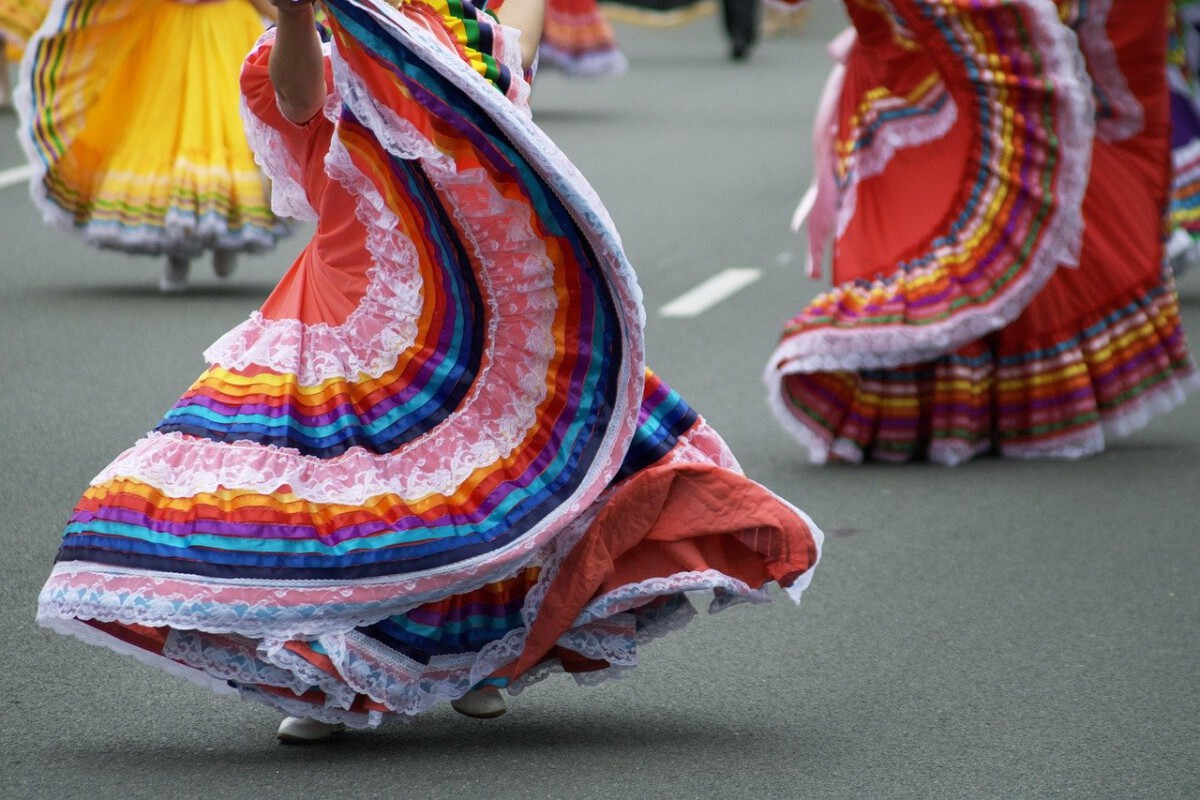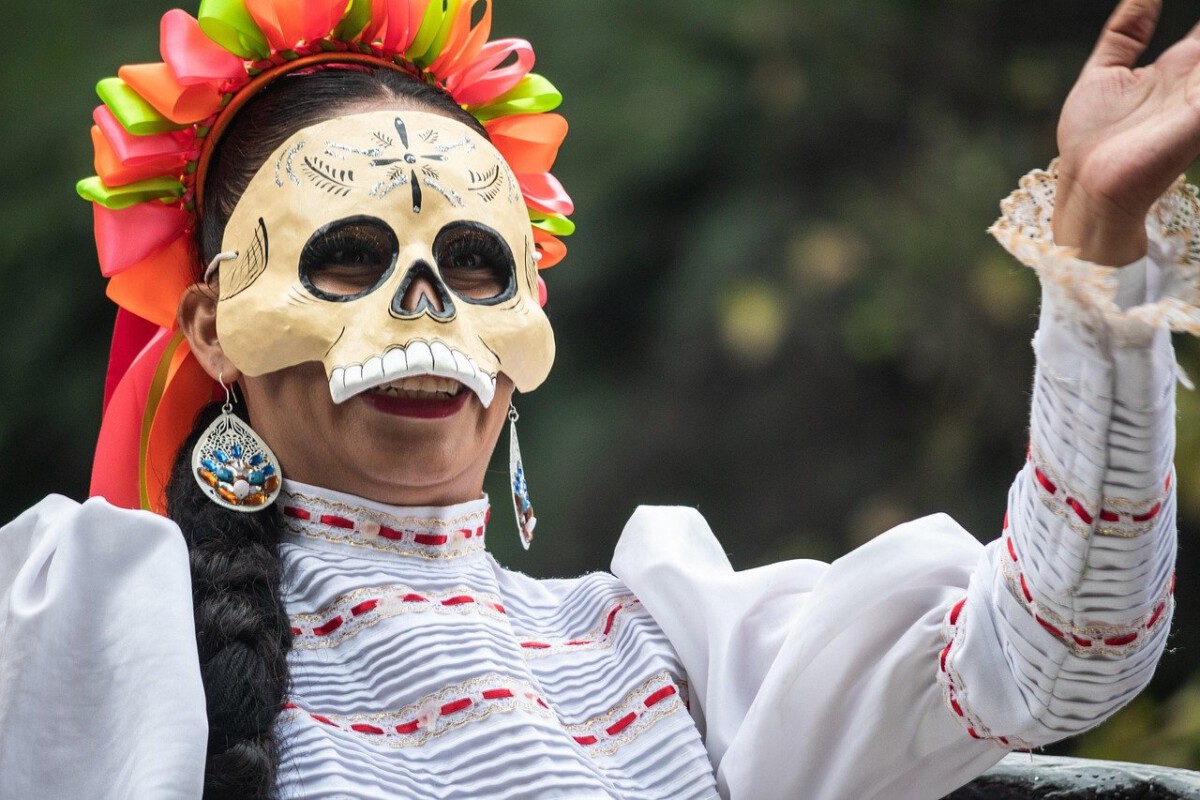California, the Golden State, isn’t just famous for its beaches, Hollywood glitz, and tech innovation—it’s also home to an assortment of quirky laws that could make anyone scratch their head in perplexity. These odd rules provide a humorous reminder of how laws can outlive their relevance and serve as a peek into unintended city quirks and historical decisions. Let’s dive into the zaniest statutes still lingering on California’s legal books.
No False Whiskers Allowed

Imagine the peculiar crime scene—a person attempting to get away with mischief sporting rather fake facial hair. Yes, in California, committing a crime while wearing false whiskers is quite literally frowned upon. According to the California Penal Code, it’s illegal to use a disguise, such as fake whiskers, to evade capture or identification. This law hails from 1872, a testament to the colorful history of lawmaking. Though not sparked by the modern-day hipster beard renaissance, it raises the humorous question of whether a “complete” set of whiskers carries a harsher penalty than a “partial” one.
Don’t Clean Trains with Dirty Laundry

Locomotive enthusiasts can rest easy knowing trains in California are protected from grimy undergarments. As per the California Health & Safety Code, it’s prohibited to supply dirty clothing as rags for cleaning vehicles and machinery. It’s a relief to anyone picturing a soot-covered train traveling down the tracks. This law isn’t just a whimsical rule but a nod to health and sanitation standards, emphasizing the importance of cleanliness even in the most unusual contexts.
The Whale-Taking Dilemma
While it seems improbable, California explicitly bans taking marine mammals like whales, dolphins, and seals according to the California Fish & Game Code. Although the statute doesn’t elaborate on places or methods for taking these creatures, the absurdity lies in its ambiguity. Those pondering an aquatic party or seaside concert might find this regulation surprisingly restrictive. The law’s historic origins and unique language continue to amuse and baffle, reinforcing the commitment to wildlife protection.
All Aboard the Beer Wagon
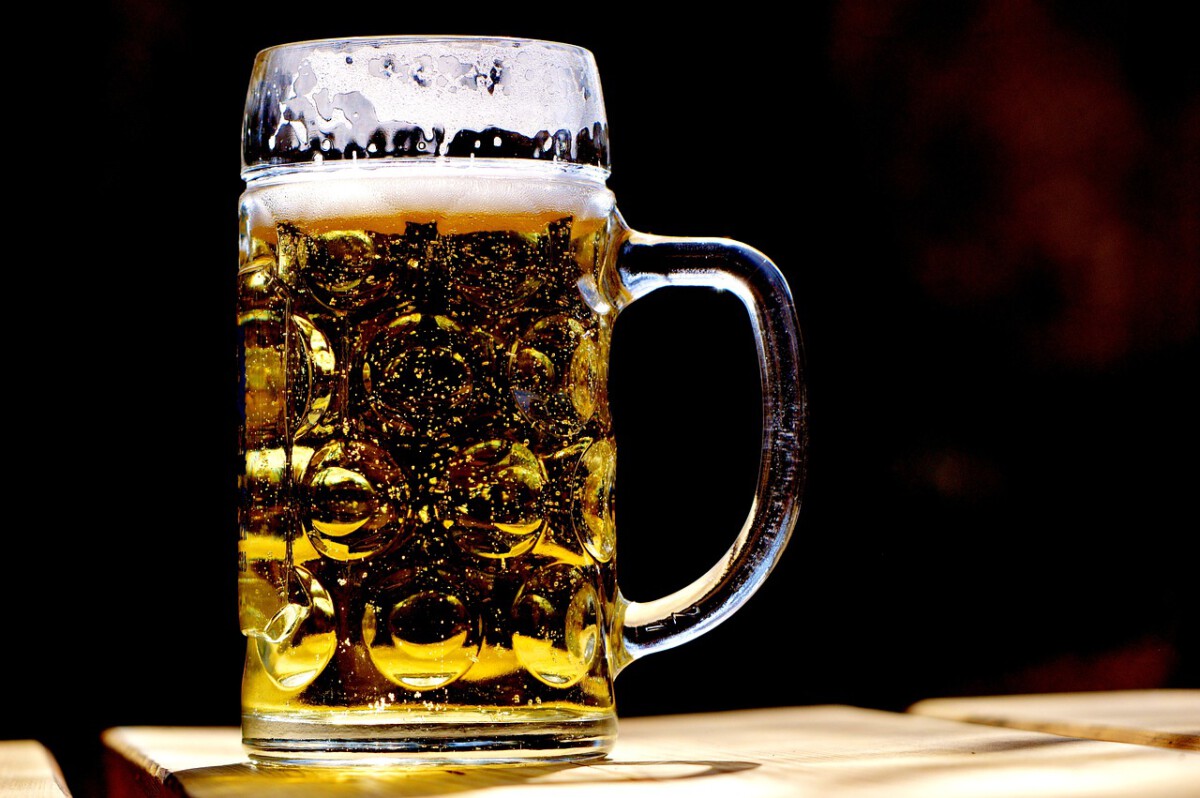
Craft breweries might consider hitching up a team of horses after learning they can legally vend beer from wagons in California. This peculiar provision of the California Business & Professions Code permits such sales, harking back to 1953 when automobiles painted California’s cultural landscape. Whether misremembered fondly as akin to a food cart or as historical anachronisms, beer wagons offer a delightful nod to the past for craft beer lovers imagining trailing hop aromas through their neighborhoods.
Impersonation Antics
Beware the allure of secret society memberships—California’s Penal Code sternly warns against impersonating fraternity members or adopting their garb for personal gain. Surprisingly, this odd stipulation includes donning recognition symbols for assistance, curbing fraternity poseurs on a mission. The law, much like participating in an extra-exclusive club meeting, reminds us to steer clear from unwarranted identities, a playful take on sincere college days.
Garage Exclusivity in Long Beach
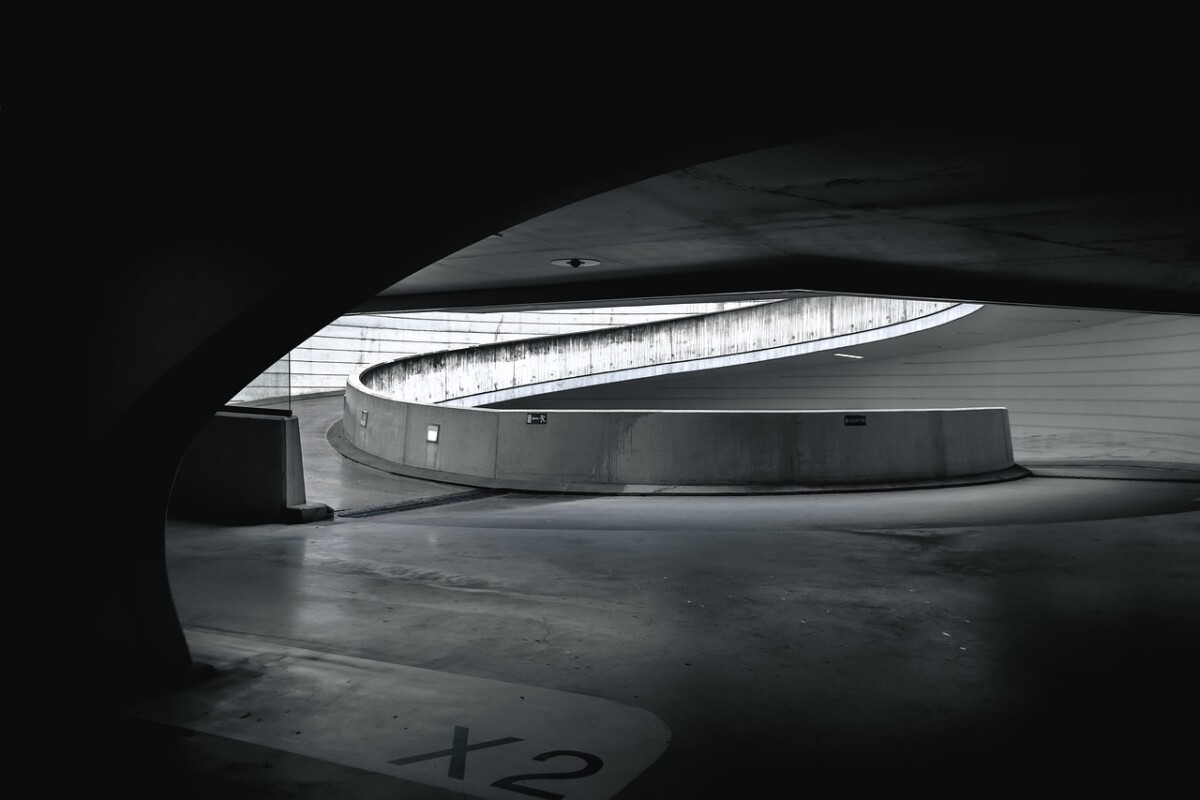
On a more mundane note, Long Beach regulates garage use strictly for automobile storage, despite their versatile reputation as catch-all storage spaces. The rule reflects city planning considerations, perhaps in attempts at preserving clean and organized street aesthetics. While everyday enforcement is questionable, it highlights how city regulations can influence people’s daily storage habits and contribute to unique but practical cityscapes.
The Canary Curfew in Berkeley
Long before alarm clocks filled households with insistent chirps, Berkeley residents relied on harmonious whistles to locate canary companions—but not before 7 a.m. The whimsical ban on early bird sing-alongs unveils a glimpse of Berkeley’s quaint past. Although rooted in history, these laws puzzle urban dwellers, fostering an appreciation for colorful bygone traditions and local responses to unique community values.
Leash Rules for Elephant Walks
San Francisco’s streets are renowned for bustling sights—but not just from tourists. In a law perhaps better suited to a circus circus, it’s illegal to parade an elephant on Market Street sans leash. Such statutes shine light on safety and control efforts in urban centers. Though elephants seldom stroll down Market, this law epitomizes unexpected municipal measures taken in the state’s legal past.
Pet Limits in San Jose
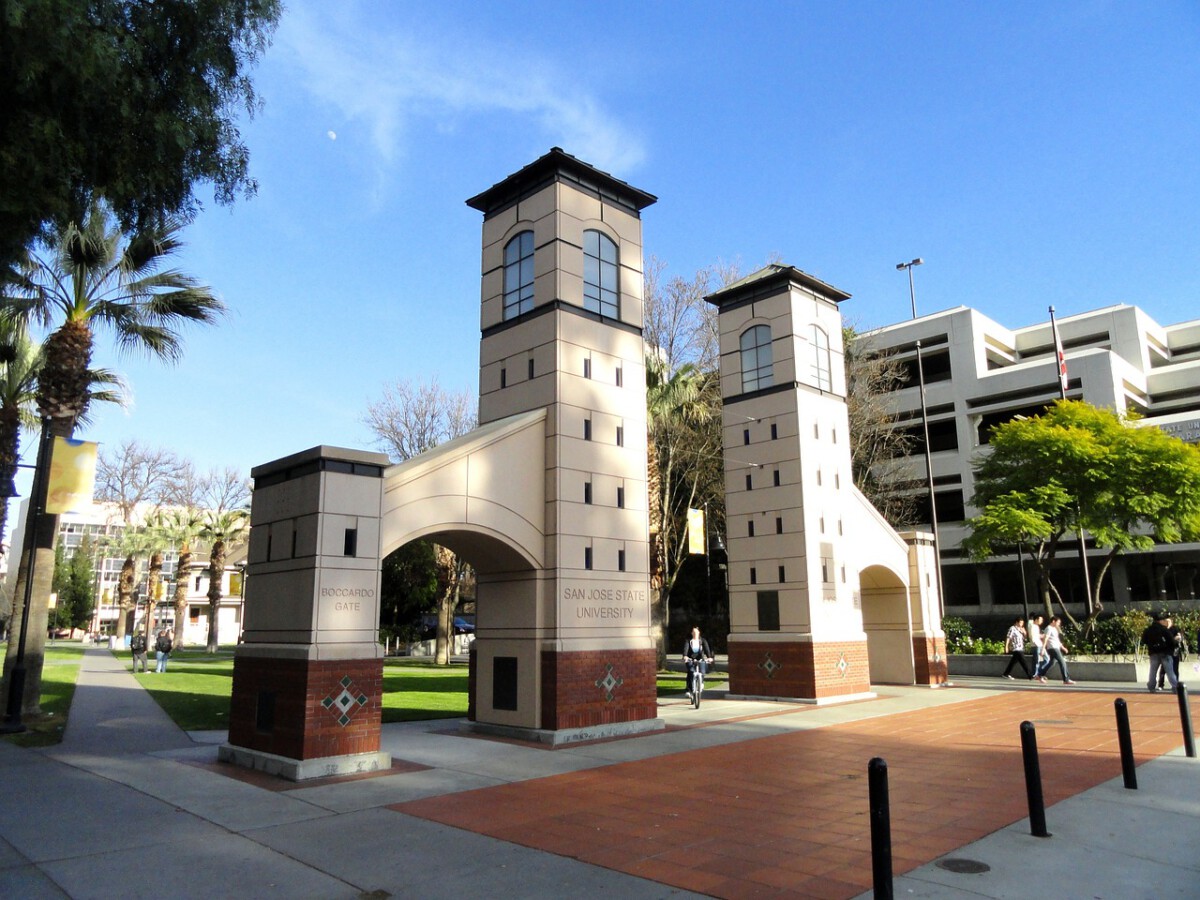
For pet lovers in San Jose, keeping more than two cats or dogs is off-limits. This policy seeks to minimize pet-related concerns such as noise, sanitation, and resource constraints. As cities balance individuals’ ownership rights with broader community welfare, these local ordinances embody ongoing societal compromises, curbing the proliferation of adorable animalsidekicks.
Peacock Privileges in Arcadia
Peacocks enjoy esteemed status in Arcadia, over other residents and visitors alike. Affording driveway and street superiority, these majestic birds perch atop local pecking orders. The shared streetscape exemplifies wildlife conservation awareness alongside whimsical lawmaking. These societal tributaries to Arcadia’s identity harmonize local heritage with regulations enriching community culture.
Christmas Lights Countdown in San Diego
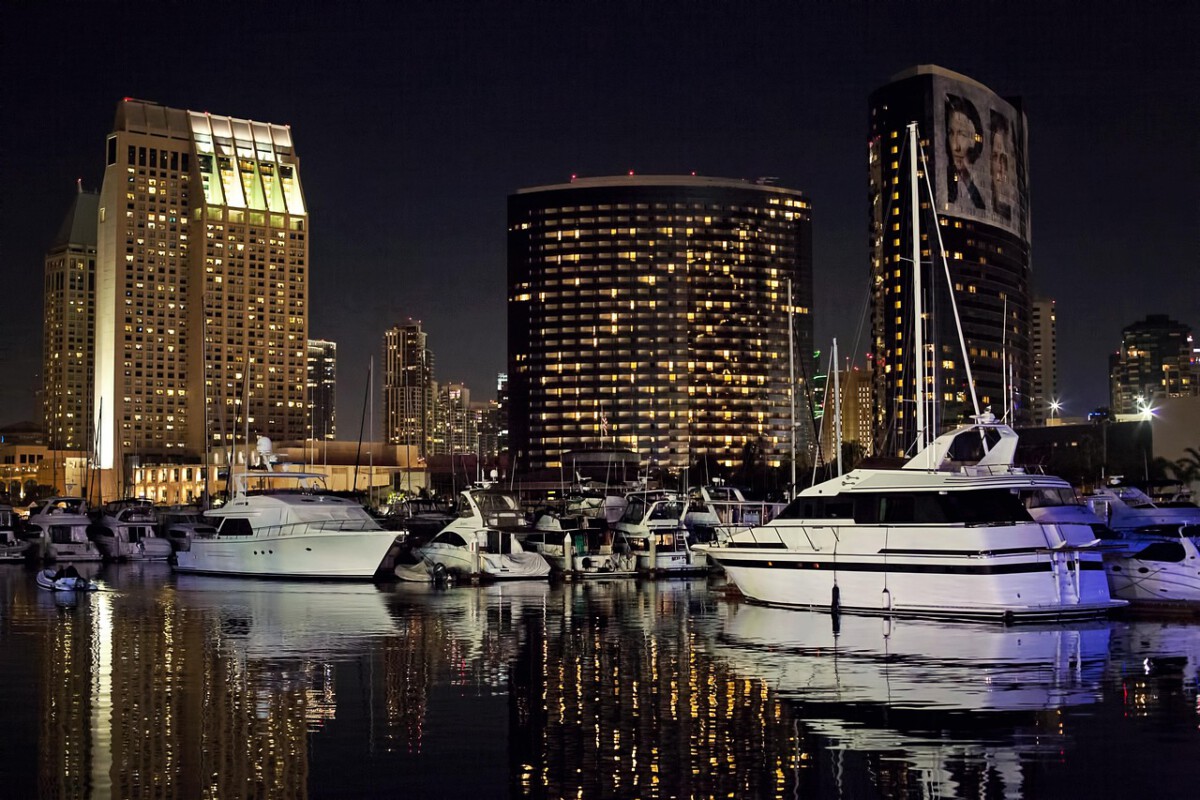
San Diego residents better watch the calendar post-Christmas—a well-lit façade past February 2 could cost homeowners $250 in fines. Encouraging festive dismantling, this law aims to avoid extension cords among prolonged neighborhood decorations. Maintenance and aesthetic motivations undergird this rule, stressing timely cleanliness and aesthetic appeal, yet allowing plenty of twinkling cheer \(within reason).
Kite Heights in Walnut

In Walnut skies, kite enthusiasts meet curbed flights no higher than 10 feet, gently tethering creativity. Regulations such as these stem from past policies ensuring safe spaces for shared recreation. Although confining, they reinforce harmonious coexistence within lush communal environments. Residents glimpse legal frameworks coordinating airspace interests, symbolizing trade-offs inherent in governance.
Pastry Precautions in San Francisco

Challenging etiquette, carrying pastries in open containers in San Francisco faces prohibitions, citing hygiene and safety. Though seemingly trivial, localized constraints reveal historical residue of culinary codes once wielded more stringently over appetites. While seemingly odd, rules like this tail wind through neighborhood lore as foundational companions within spatial and temporal layers of community life.
Prohibited Public Appearance in San Francisco
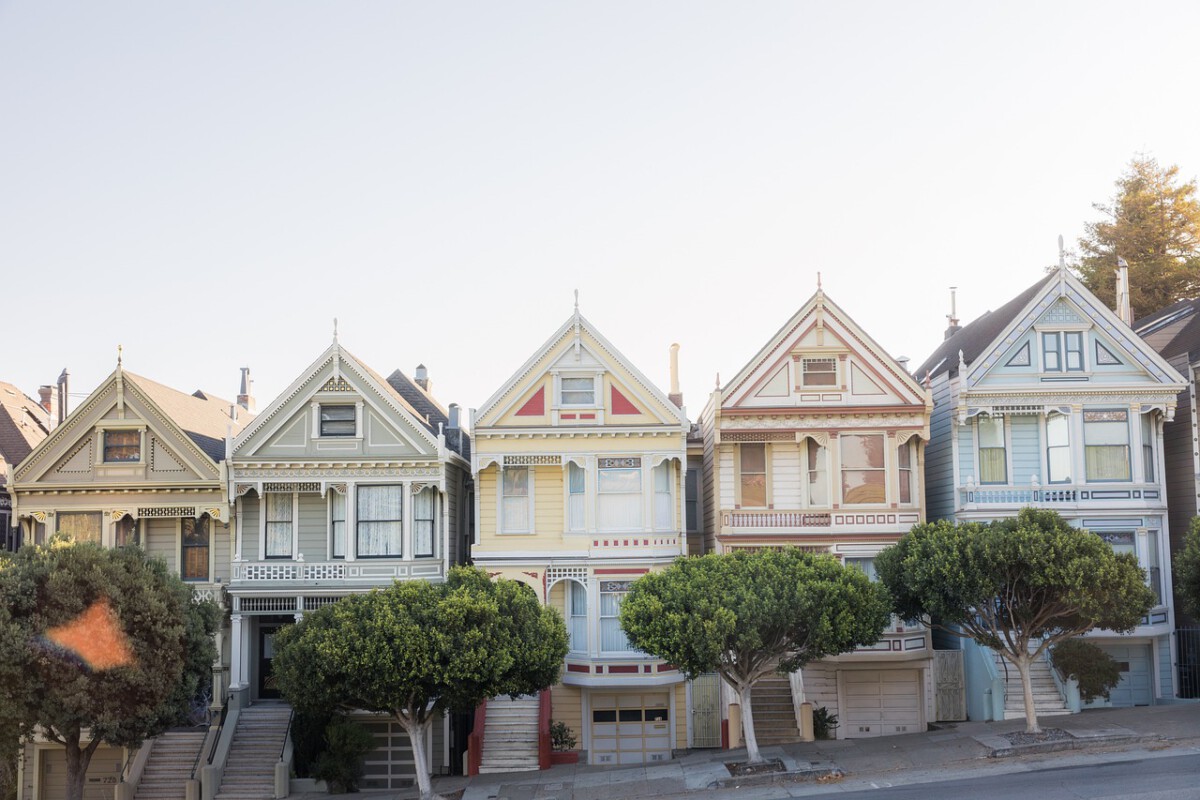
The alarming darkness of beauty standards manifested prominently with San Francisco’s 19th-century “ugly law,” shrouding beggars and disabilities from public view. Once widespread sanctions haunting American urbanity, these discriminatory laws serve as reminders of evolving fairness in social legislation, acknowledging the reclaimable dignity longer entrusted to appearance-based scrutiny. In addressing public wounds, legal redress facilitates increased equality.
Neighborly Constraints in Los Angeles
Los Angeles embraces neighborhood civility through prohibiting unsolicited car washing, safeguarding personal property rights. Stressing owner accountability within shared spaces, this law epitomizes careful balances between neighborly acts and privacy protection. Though documentarian outliers on America’s sociocultural forefront, California’s odd rules uphold participation in diverse living contexts visible through its idiosyncratic patchwork.
From wildlife priorities to festive light controls, these laws highlight the entertaining unpredictability that intertwines California’s identity. Legal relics persist and continue to shape community character—each representing spirited dedication and meticulous deliberation. Diving into these quirks unveils judiciary oddities ripe for decipher frames delight from an often serious discipline.



